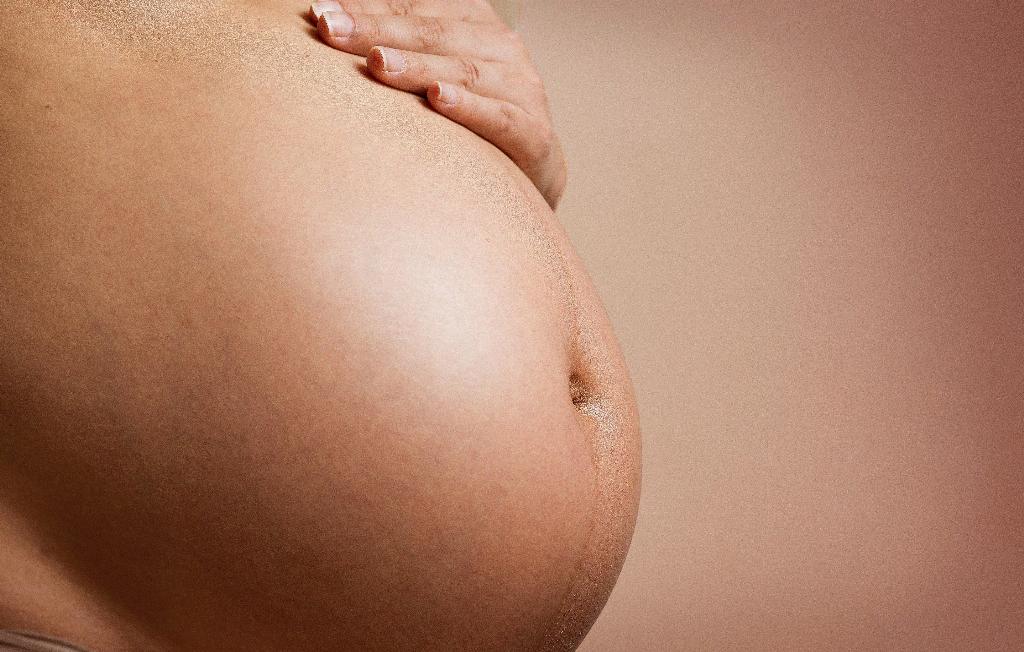When it comes to preeclampsia, a serious condition that can occur during pregnancy, certain indicators in the blood can provide important insights. One such indicator is creatinine levels, a measure of kidney function. Research has shown that baseline serum creatinine levels of 0.75 mg/dL or greater can be associated with both mild and severe cases of preeclampsia at any gestational age.
What is Creatinine?
Creatinine is a waste product produced by muscles from the breakdown of a compound called creatine. It is filtered by the kidneys and excreted through urine. Creatinine levels in the blood can serve as a reflection of how well the kidneys are functioning.
Normal Creatinine Levels in Pregnancy
During pregnancy, the body undergoes various physiological changes, including an increase in blood volume and metabolic rate. As a result, creatinine levels tend to decrease in pregnant women compared to non-pregnant individuals.
Creatinine Levels and Preeclampsia Risk
Studies have found that elevated baseline serum creatinine levels, specifically above 0.75 mg/dL, may indicate an increased risk of developing preeclampsia during pregnancy. Preeclampsia is characterized by high blood pressure and signs of damage to other organ systems, often affecting the kidneys.
Implications of High Creatinine Levels
Having high creatinine levels during pregnancy, especially in the context of preeclampsia, can signify underlying kidney dysfunction. It is crucial for healthcare providers to monitor creatinine levels to assess kidney health and manage potential complications.
Monitoring Creatinine Levels in Preeclampsia
Regular monitoring of creatinine levels in pregnant individuals at risk of preeclampsia is essential for early detection and intervention. Changes in creatinine levels can indicate worsening kidney function and ongoing damage, prompting timely medical attention.
Managing Preeclampsia and Kidney Health
For women diagnosed with preeclampsia, close monitoring of creatinine levels, along with blood pressure and other parameters, is crucial for managing the condition and minimizing complications. Treatment may involve medications, lifestyle modifications, and in severe cases, delivery of the baby.
Preventing Kidney Complications in Pregnancy
Maintaining overall health and attending regular prenatal check-ups can help prevent kidney-related complications during pregnancy. Adequate hydration, balanced nutrition, and following healthcare provider recommendations are vital in safeguarding both maternal and fetal well-being.
Collaborative Care for Preeclampsia
Managing preeclampsia, especially in the presence of elevated creatinine levels, requires a multidisciplinary approach involving obstetricians, nephrologists, and other healthcare professionals. Coordination of care and prompt interventions are key in optimizing outcomes for both mother and baby.
Support and Education for Pregnant Individuals
Providing pregnant individuals with comprehensive support, education, and resources on preeclampsia and kidney health is essential for promoting awareness and proactive management. Empowering individuals with knowledge can enable them to make informed decisions about their care.
Conclusion
In conclusion, elevated creatinine levels, particularly above 0.75 mg/dL, may indicate an increased risk of preeclampsia during pregnancy. Monitoring creatinine levels, alongside comprehensive prenatal care, plays a critical role in identifying and managing potential kidney-related complications. By prioritizing kidney health and collaborative care, healthcare providers can enhance outcomes for pregnant individuals affected by preeclampsia.

